Mental health apps have become an accessible, practical solution for many. This guide explores the best free mental health apps of 2024, offering insights on how they can be integrated into your daily life.
![]()
Understanding the role of mental health apps
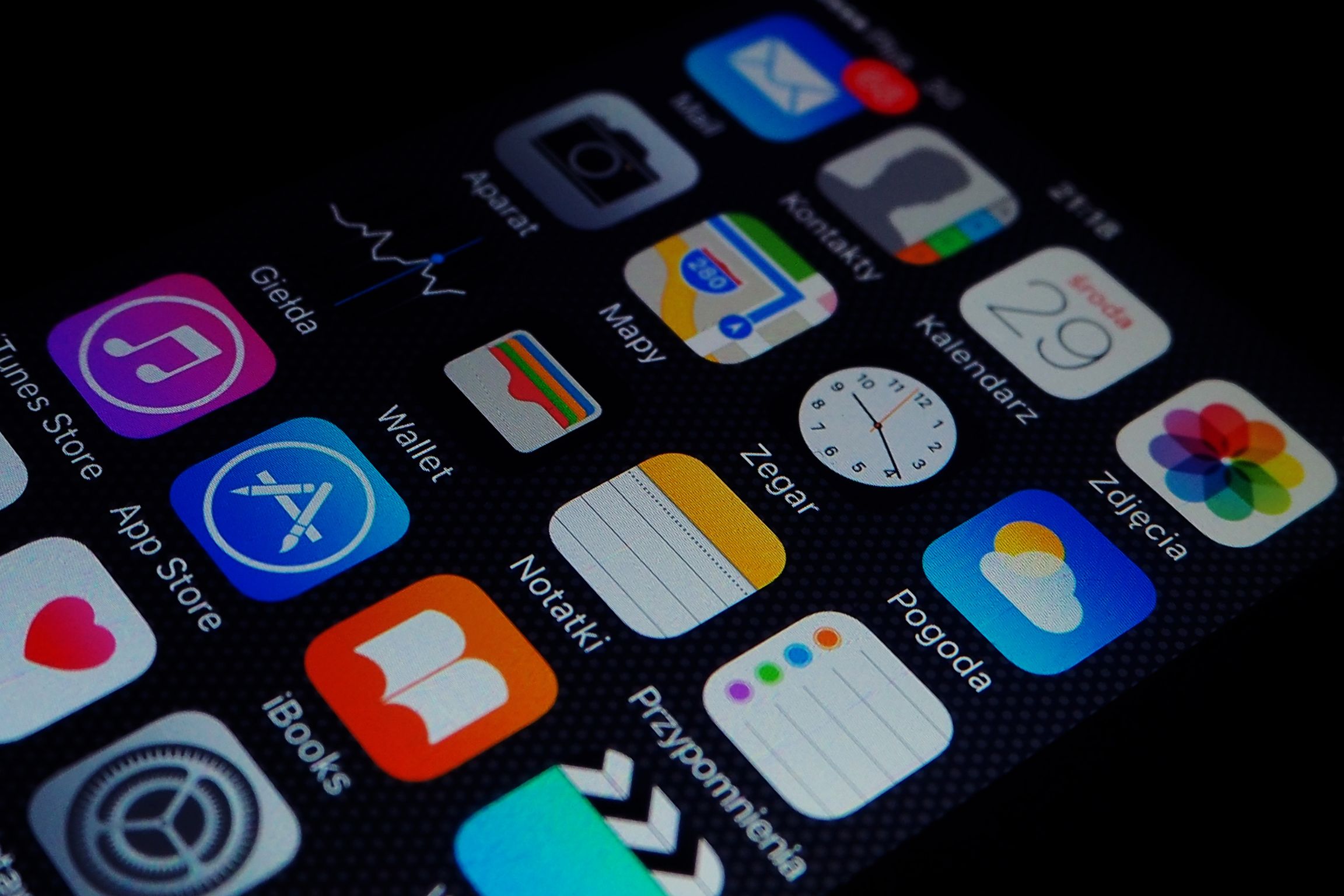
Mental health apps offer a convenient and often anonymous way to access support. They bridge the gap between traditional therapy and self-help resources, providing users with tools to manage their mental health. In 2024, these apps have become increasingly sophisticated, offering features that range from guided meditations to cognitive behavioural therapy (CBT) techniques and mood tracking.
Mental health apps provide an on-the-go solution that can be accessed anytime, anywhere. This level of accessibility makes them an invaluable resource for school leavers and college students navigating the pressures of study, social life, and personal development.
![]()
The best free mental health apps

Numerous free mental health apps cater to a wide range of needs. Moodfit and Happify are leading options in 2024. Moodfit allows users to track moods, set goals, and access customised insights based on their data. It encourages users to consider various aspects of their well-being, from sleep patterns to physical exercise.
On the other hand, Happify uses evidence-based interventions from positive psychology and CBT to boost overall happiness and reduce stress. Its engaging activities and games offer a fun, interactive way to build emotional strength. Both apps are great examples of how technology can create better mental health and well-being.
![]()
Free apps for anxiety and depression

For those dealing with both anxiety and depression, apps like What’s Up? and MoodTools offer support. What’s Up? uses CBT and Acceptance Commitment Therapy (ACT) methods to help users tackle negative thinking patterns. It includes features such as habit trackers and grounding exercises that can be easily incorporated into daily life.
MoodTools is designed specifically to help individuals combat depression through a mood diary, a thought diary, and activities that promote positivity. By providing a structured approach to managing these complex emotions, these free anxiety apps are valuable tools for users looking to improve their mental health.
![]()
Understanding the benefits of a free CBT app
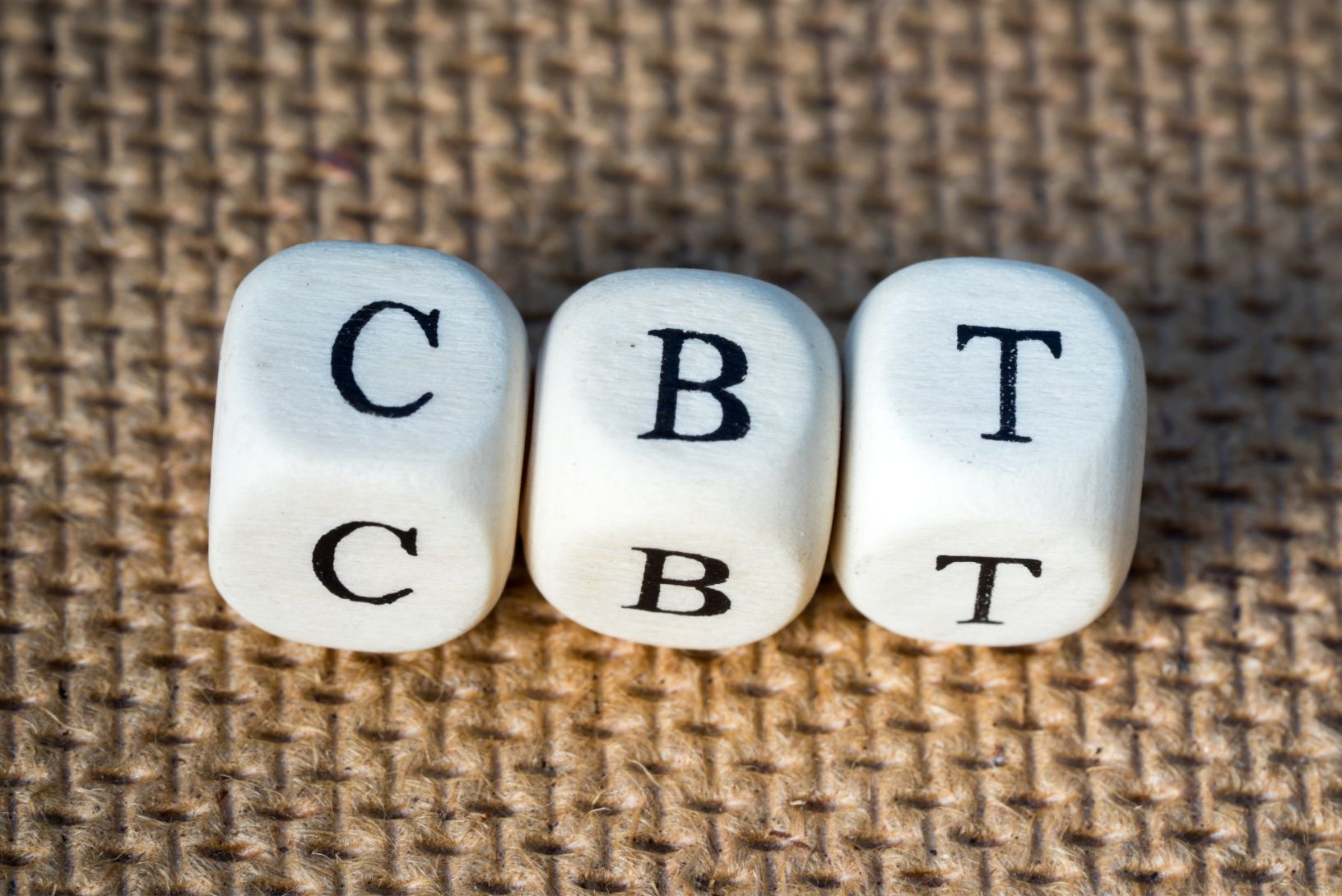
CBT is a widely used and effective treatment for various mental health issues. Apps like CBT Companion offer free CBT app experiences, making this therapeutic technique accessible to all. CBT Companion guides users through structured exercises aimed at identifying and challenging negative thought patterns.
By offering interactive tools for practising CBT techniques, CBT Companion empowers users to take an active role in their mental health management. This availability of therapy techniques makes mental health care more inclusive and reachable for those who might not have access to traditional therapy.
MindShift CBT is another option, which is highly recommended for its use of cognitive-behavioural therapy techniques to help users manage anxiety and stress. It offers features like coping cards, a thought journal, and guided meditations, all aimed at helping users develop new ways of thinking and take proactive steps to manage their mental health.
The app also includes a community forum for peer-to-peer support, allowing users to connect with others managing similar challenges. MindShift CBT is praised for its interactive approach, making it a valuable tool for those seeking to incorporate CBT techniques into their daily routine without any cost.
![]()
Free therapy apps for support
Access to therapy can have significant cost barriers for many, but free therapy apps like 7 Cups and BetterHelp are changing this. These platforms connect users with trained listeners or licensed therapists, providing a space to discuss their concerns without judgement.
7 Cups uses a peer support model, where users can chat with volunteer listeners who provide empathy and understanding. BetterHelp, while primarily a paid service, offers free trials and resources, giving users a taste of professional therapy services. These apps offer support for those who need someone to talk to but cannot afford conventional therapy.
![]()
Free wellbeing apps
Wellbeing apps focus on overall health, integrating mental, emotional, and physical well-being. Calm and Headspace are prominent examples that have gained popularity for their user-friendly interfaces and wide-ranging offerings. Calm focuses on meditation, sleep, and relaxation, featuring guided sessions that cater to different needs.
Headspace, known for its playful approach, offers meditation exercises that teach mindfulness and stress relief. Both apps encourage a daily practice that can significantly enhance overall well-being, making them ideal companions for busy students and young adults.
![]()
Where can I talk to someone for free?
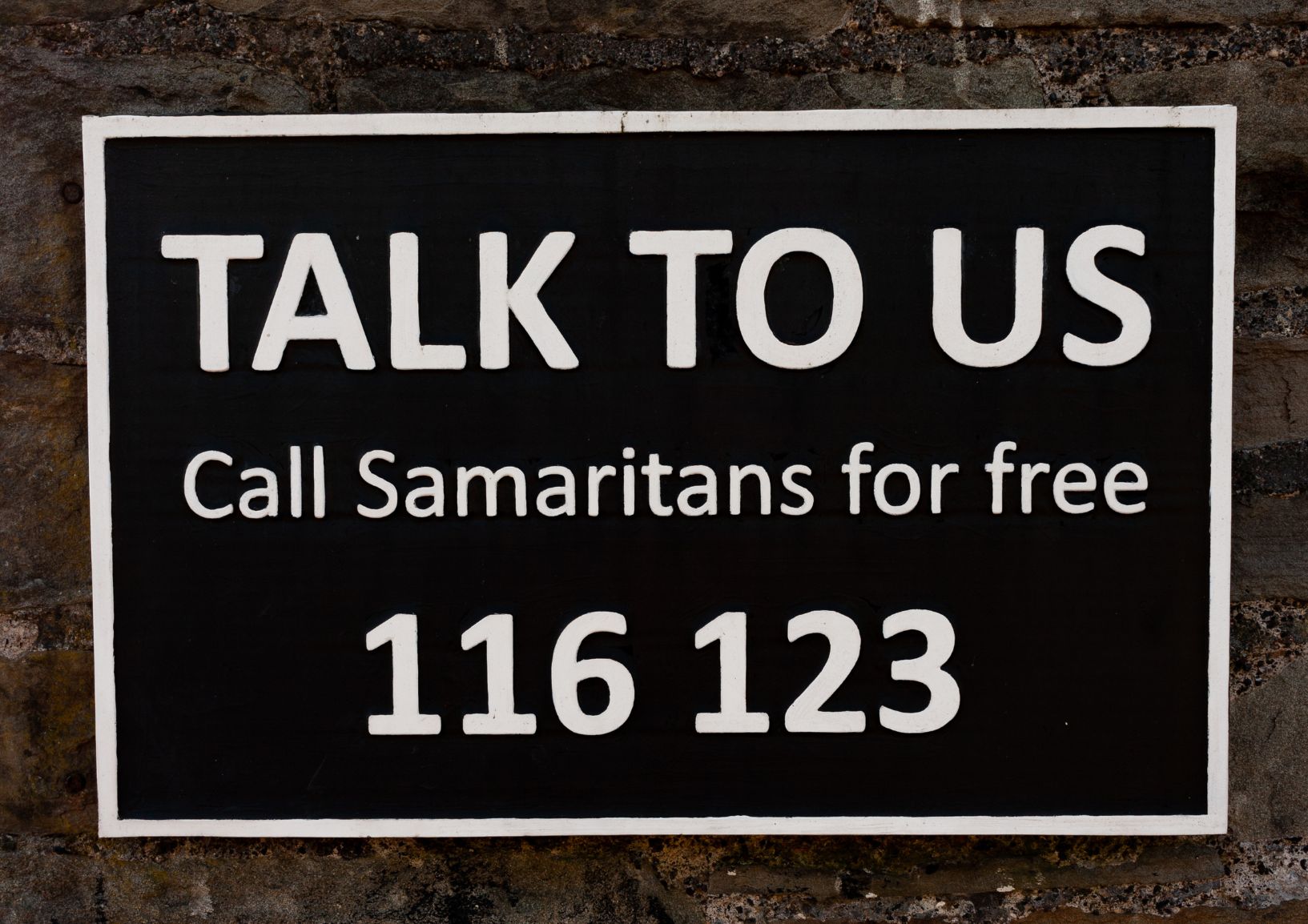
Sometimes, digital support is best complemented by human interaction. For those wondering where they can talk to someone for free, services like Samaritans and Shout provide invaluable support. Samaritans offer a 24/7 helpline for anyone in distress, offering a safe space to talk and be heard.
Shout is a text-based support service where trained volunteers provide guidance and reassurance. These services ensure that everyone has access to the support they need, regardless of their circumstances, and serve as a crucial resource for maintaining mental health.
![]()
Integrating wellbeing apps into your daily routine
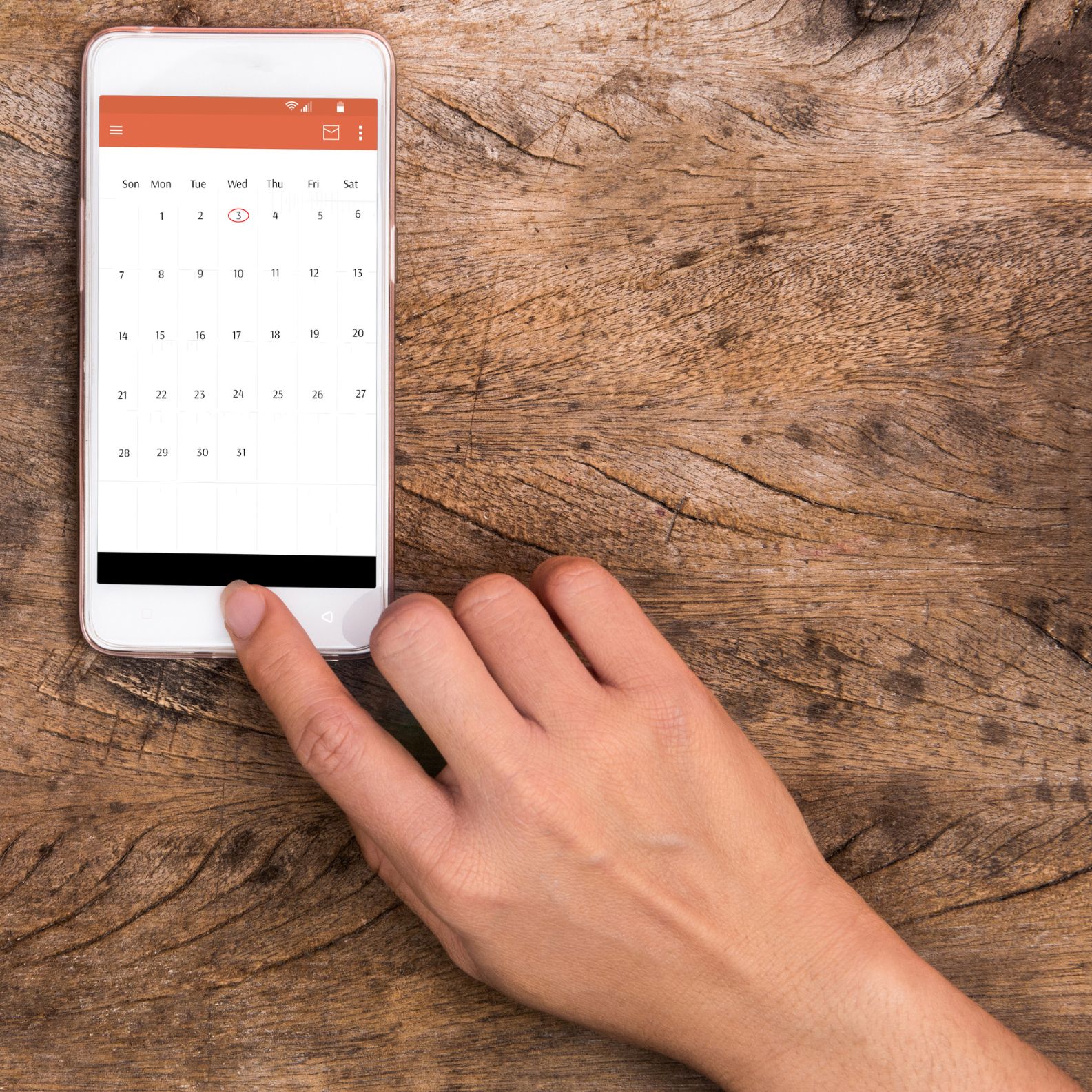
To truly benefit from mental health apps, it’s essential to integrate them into your daily routine. Start by setting aside dedicated time each day for using the app, whether it’s during your morning commute, a lunch break, or before bed. Consistent use helps reinforce positive habits and ensures you’re actively working towards better mental health.
It’s also beneficial to explore the app’s features gradually, so you don’t feel overwhelmed. Engaging with community features can provide additional motivation and support from others. Remember, the goal is to create a sustainable routine that enhances your well-being.
![]()
Access additional resources for mental health support
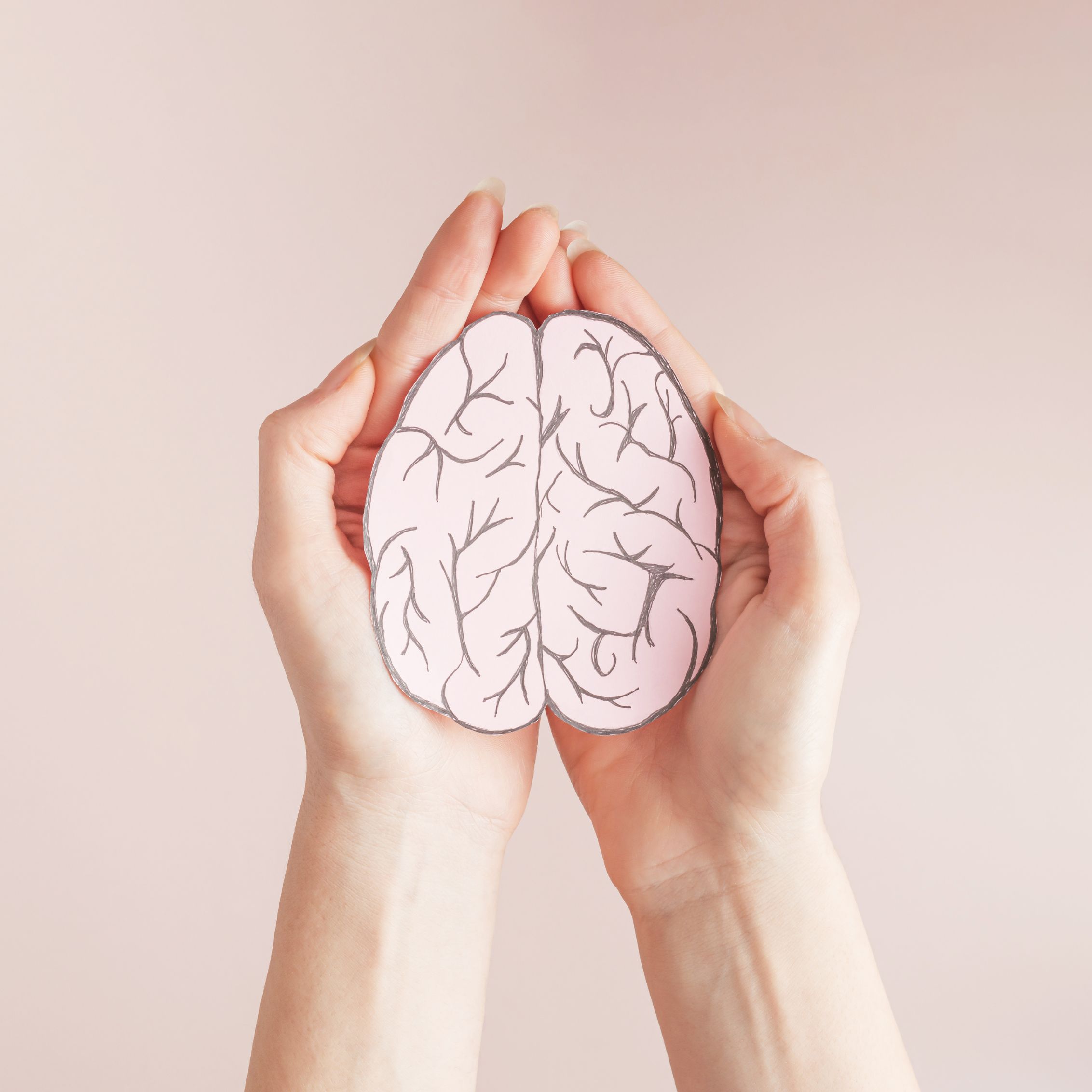
For those eager to explore further, there are numerous resources available. Websites like Mind and Mental Health Foundation offer comprehensive information on mental health topics. Books such as “The Happiness Trap” by Russ Harris provide deeper insights into managing mental health.
By taking advantage of these resources, young adults in the workplace or education can equip themselves with the knowledge and tools to thrive in 2024 and beyond.
- 10 Things you should know before becoming a Content Creator - January 14, 2025
- What Is Machine Learning? (And Why Should I Learn About It?) - January 14, 2025
- Content Creation Apprenticeship vs T Level: Which is best? - December 2, 2024